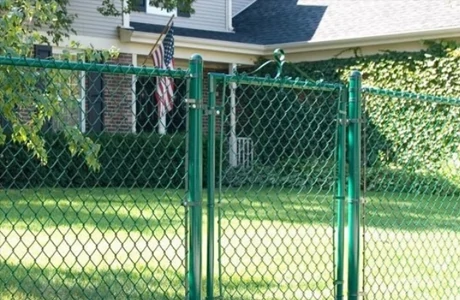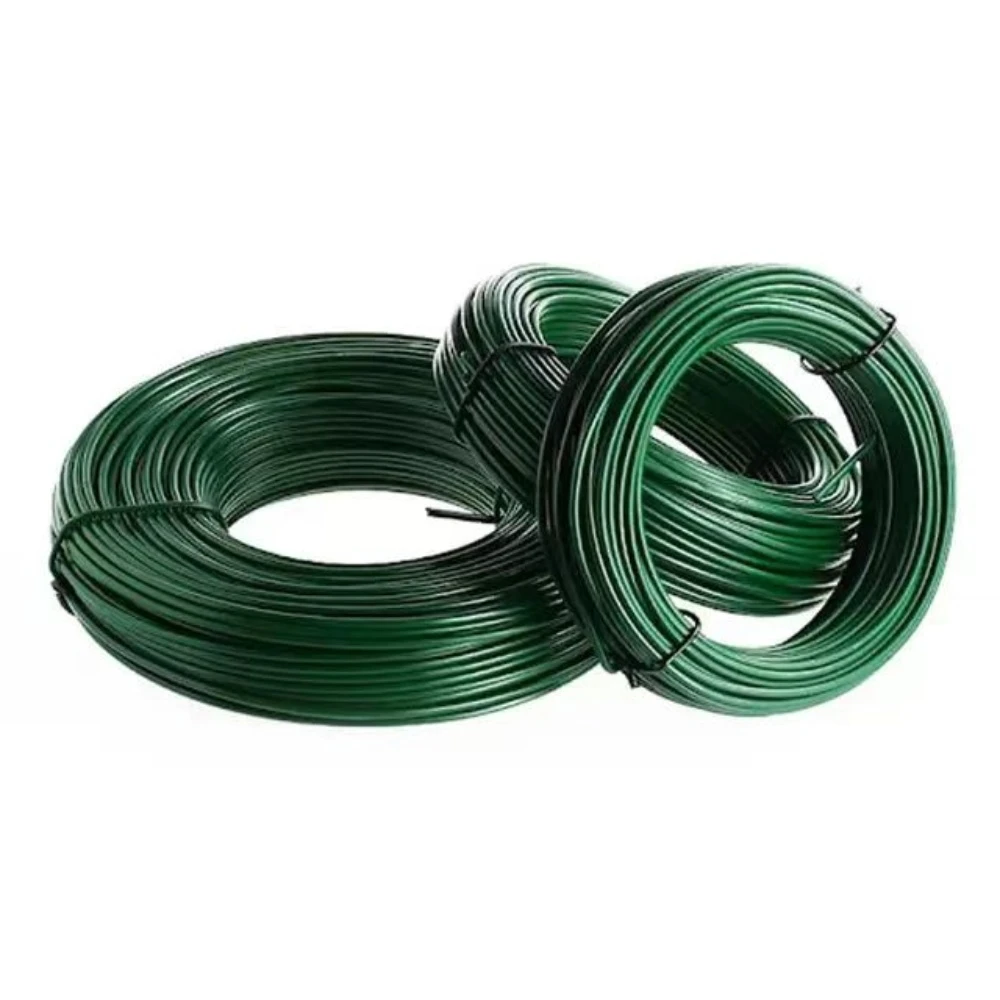feb. . 15, 2025 08:06
Back to list
Roofing Nails
When working with woodworking projects, understanding the different types of nails used in carpentry can be the key to achieving both structural integrity and aesthetic beauty. Regardless of whether you’re building furniture, framing a house, or crafting delicate wooden pieces, selecting the right type of nail is crucial. Here’s an in-depth exploration of the various nails used in woodworking, each tailored for specific applications
Roofing Nails Built for Durability Roofing nails feature a short shank with a disproportionately large flat head, designed to fasten shingles without tearing through their material. Made typically from galvanized steel, these nails are rust-resistant, a crucial feature when dealing with outdoor applications exposed to the elements. For roofing projects, these nails ensure longevity, resisting both wind and weather damage. Spiral and Ring Shank Nails Extra Holding Power Spiral and ring shank nails are engineered for superior holding power. The spiral shank is designed to twist into the wood much like a screw, providing extraordinary resistance against withdrawal forces. Similarly, ring shanks have concentric circles etched into the shank, enhancing grip. These nails are preferred in flooring projects where boards are subject to constant movement and stress. Masonry Nails Penetrating Tough Surfaces While not exclusively used for wood, masonry nails are essential when fastening wood to harder surfaces such as concrete or brick. They are made from hardened steel, enabling penetration into these formidable materials. Often used in conjunction with wooden studs and framing that needs to be anchored securely, they are indispensable in transitional projects involving both wood and masonry. Specialty Nails Tailored Solutions for Unique Projects Specialized nails such as upholstery nails, cut nails, and annular ring nails offer unique applications in carpentry and woodworking. Upholstery nails, for instance, are decorative as well as functional, while cut nails give an antique look, often used in historical renovations to preserve authenticity. Similarly, annular ring nails are perfect for decks and other outdoor constructions requiring a firm grip. In the world of carpentry, using the right type of nail is a blend of science and art. The decision impacts both the strength and appearance of the finished product. For those immersed in the craft of woodworking, understanding the unique properties and applications of each type of nail ensures that every joint remains tight, every piece is secure, and the aesthetic finish is flawless. Mastering the selection and application of nails elevates the quality and durability of woodcraft projects, underlining the carpenter's prowess with every piece completed.


Roofing Nails Built for Durability Roofing nails feature a short shank with a disproportionately large flat head, designed to fasten shingles without tearing through their material. Made typically from galvanized steel, these nails are rust-resistant, a crucial feature when dealing with outdoor applications exposed to the elements. For roofing projects, these nails ensure longevity, resisting both wind and weather damage. Spiral and Ring Shank Nails Extra Holding Power Spiral and ring shank nails are engineered for superior holding power. The spiral shank is designed to twist into the wood much like a screw, providing extraordinary resistance against withdrawal forces. Similarly, ring shanks have concentric circles etched into the shank, enhancing grip. These nails are preferred in flooring projects where boards are subject to constant movement and stress. Masonry Nails Penetrating Tough Surfaces While not exclusively used for wood, masonry nails are essential when fastening wood to harder surfaces such as concrete or brick. They are made from hardened steel, enabling penetration into these formidable materials. Often used in conjunction with wooden studs and framing that needs to be anchored securely, they are indispensable in transitional projects involving both wood and masonry. Specialty Nails Tailored Solutions for Unique Projects Specialized nails such as upholstery nails, cut nails, and annular ring nails offer unique applications in carpentry and woodworking. Upholstery nails, for instance, are decorative as well as functional, while cut nails give an antique look, often used in historical renovations to preserve authenticity. Similarly, annular ring nails are perfect for decks and other outdoor constructions requiring a firm grip. In the world of carpentry, using the right type of nail is a blend of science and art. The decision impacts both the strength and appearance of the finished product. For those immersed in the craft of woodworking, understanding the unique properties and applications of each type of nail ensures that every joint remains tight, every piece is secure, and the aesthetic finish is flawless. Mastering the selection and application of nails elevates the quality and durability of woodcraft projects, underlining the carpenter's prowess with every piece completed.
Share
Next:
Latest news
-
Weather Resistance of Woven Wire and Chicken Wire Fencing MaterialsNewsJun.05,2025
-
Umbrella Nails Innovations in Roofing Fasteners for Wind ResistanceNewsJun.05,2025
-
Modern Barbed Wire Fence Designs for Perimeter ProtectionNewsJun.05,2025
-
How Iron Nail Wire Enhances Nail Strength and Installation EfficiencyNewsJun.05,2025
-
High-Security Razor Fence Solutions for Perimeter ProtectionNewsJun.05,2025
-
Durable Wire Netting Fence Solutions for Animal EnclosuresNewsJun.05,2025




